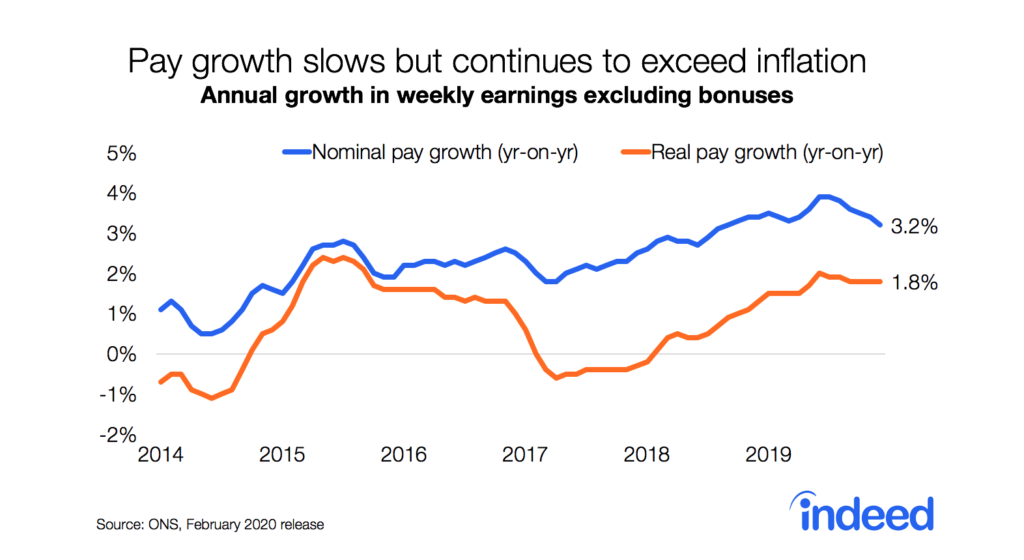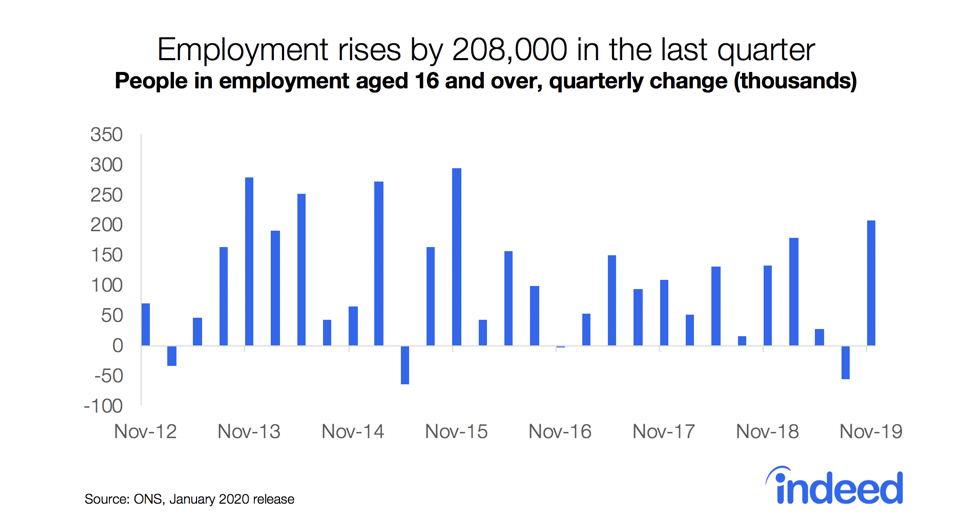At the start of 2020, the UK jobs market was in rude health — the tightest in recent memory. COVID-19 turned it completely on its head. Workplaces shut down, newly posted vacancies plunged by three-quarters and hiring ground to a near halt. Those employers that continued looking for staff in the lockdown’s early days — like supermarkets, logistics companies and healthcare providers — were flooded with interest from people urgently searching for work.
Four months later, we are at a crossroads. Government support has kept millions of people off official unemployment rolls, but those schemes are about to start unwinding. Many businesses operate below their pre-crisis capacity. The Office for Budget Responsibility’s central scenario assumes 15% of those who benefitted from the government’s job retention scheme will not be able to return to work when support ends in October. Moreover, a recent slew of redundancy announcements suggests the ranks of those out of work will rise further in the coming months.
Indeed data on online job postings, jobseeker clicks and CVs are close to real time and offer one-of-a-kind insights into employer and jobseeker behaviour unavailable from conventional sources. We use these data through mid-July to analyse:
- how COVID-19 has altered job opportunities;
- which jobs are seeing rising jobseeker competition and which remain hard to fill;
- how jobseeker behaviour has shifted during the crisis;
- what these changes mean for employers, jobseekers and public policy.
We find that:
- The profile of jobseekers and the composition of available jobs have changed significantly since the onset of the crisis.
- In general, job opportunities are scarcer than they were before the pandemic and more people are competing for the jobs that are available.
- Some occupations have become a lot more competitive, while others remain hard to fill despite rising unemployment and inactivity.
- Low- and mid-paid jobs are harder to get, which is bad news for lower earners, who represent a growing share of job searches.
- Jobseekers are casting a wider net and reacting rapidly to perceived opportunities.
- People from shuttered sectors increasingly are looking for jobs outside their fields, while essential workers are less likely to consider other occupations.
If these shifts persist — as seems likely at least in the short-to-medium term — then matching people as well as possible to job opportunities will be key to navigating this extraordinarily tough period for the labour market, in addition to stimulating overall job creation.






